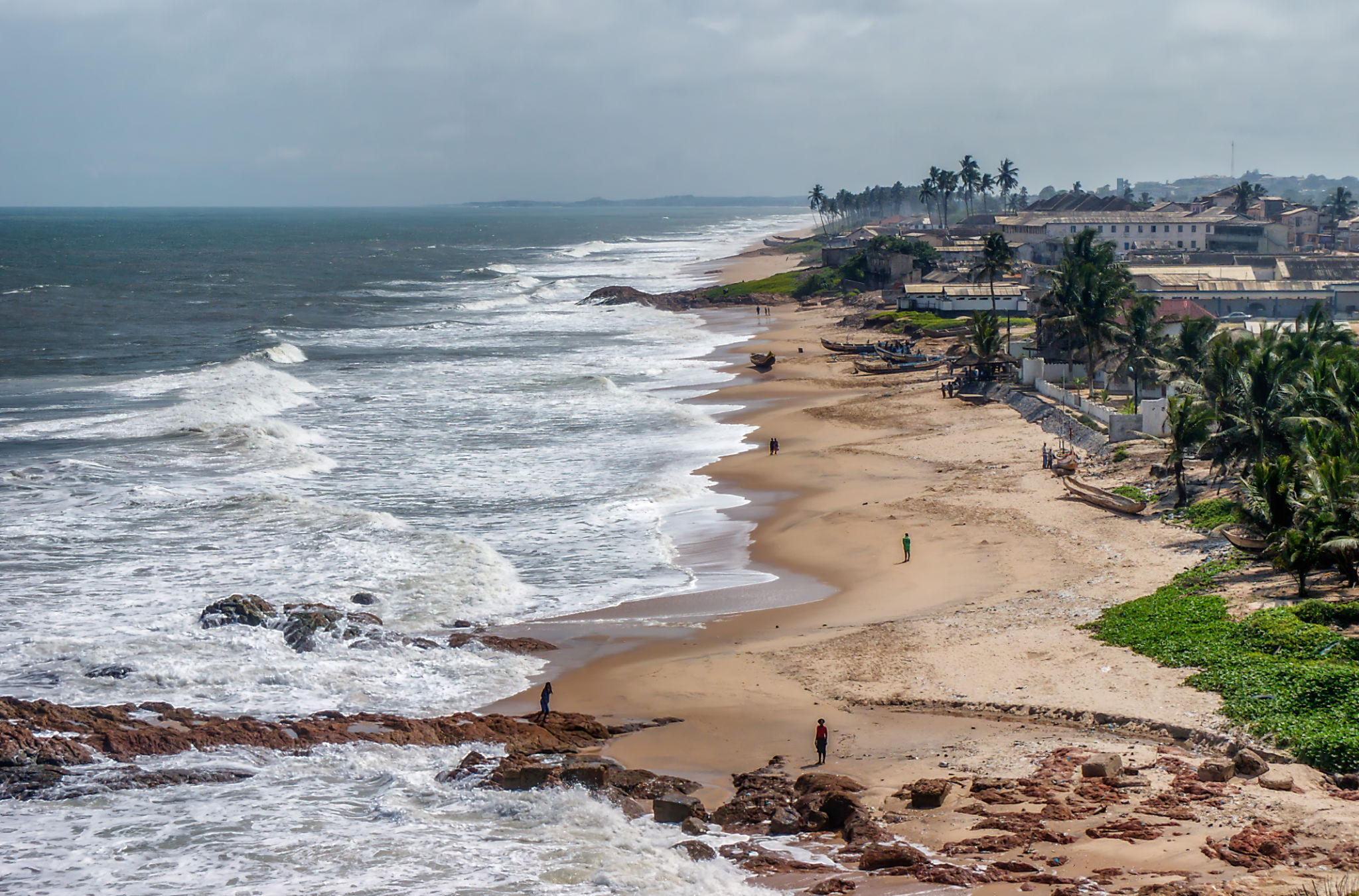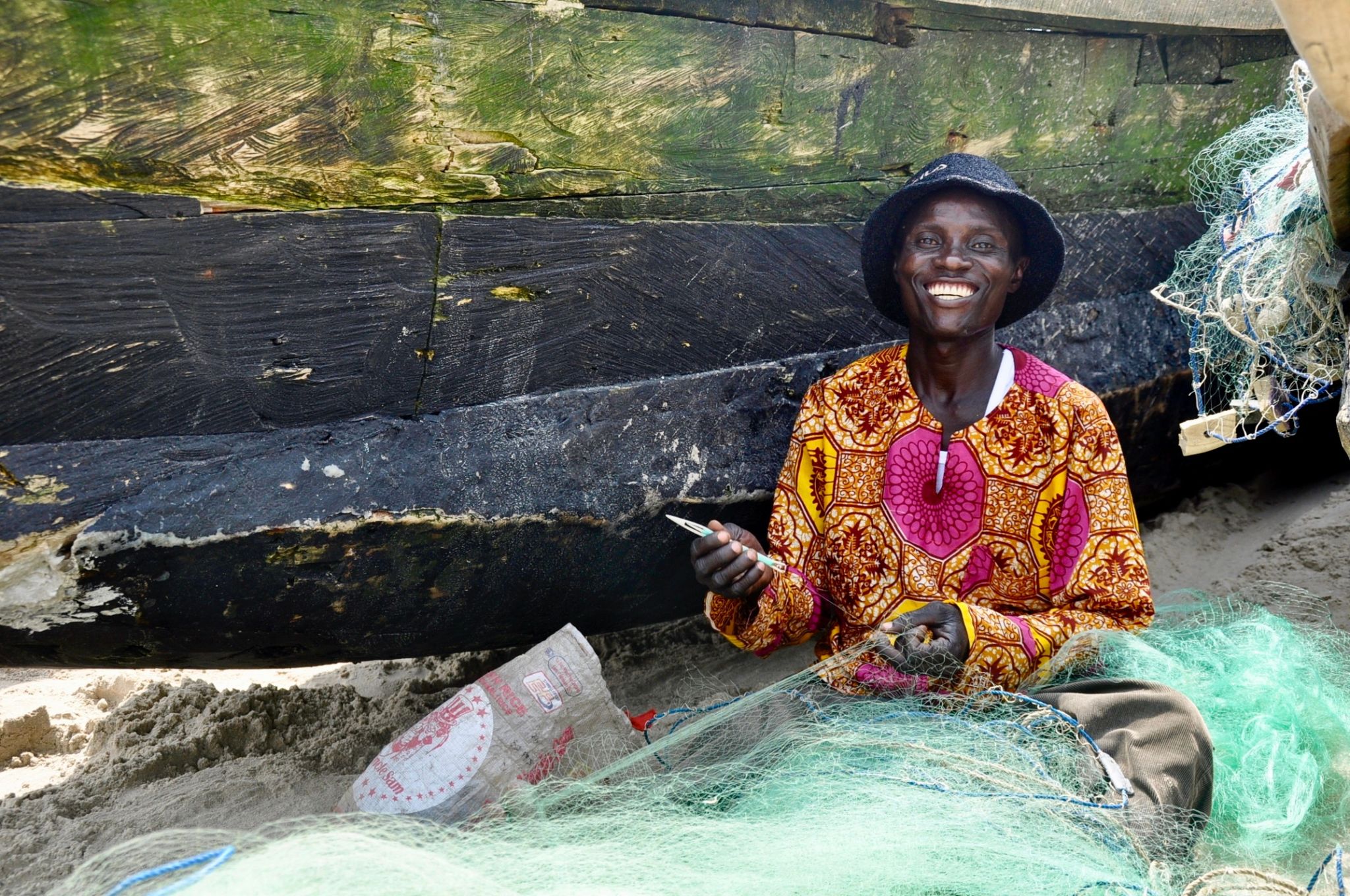The Impact of Climate Change on Ghana's Coastal Regions
Understanding the Geographical Context
Ghana's coastal regions, stretching over 550 kilometers along the Gulf of Guinea, are home to vibrant communities and bustling economic activities. These areas are not only rich in biodiversity but also play a crucial role in the nation's economy through fishing, tourism, and trade. Unfortunately, these coastal regions are increasingly vulnerable to the impacts of climate change, which threatens their ecological and economic stability.
The primary reason for concern is that climate change exacerbates existing environmental issues, such as coastal erosion and habitat loss. As sea levels rise, coastal areas are at a greater risk of flooding and erosion, which can lead to significant land loss. This situation is particularly dire for communities that rely on the coast for their livelihoods.

Rising Sea Levels and Coastal Erosion
One of the most visible impacts of climate change on Ghana's coastal regions is the rise in sea levels. According to studies, the rate of sea-level rise has accelerated in recent years due to melting polar ice caps and thermal expansion of seawater. This rise results in more frequent and severe coastal flooding events, which can displace communities and damage infrastructure.
Coastal erosion is another significant issue. The relentless pounding of waves and increased storm surges remove significant amounts of sand and soil from the coastline. This erosion not only reduces the land area but also threatens vital ecosystems such as mangroves and wetlands, which serve as natural barriers against storms.
Impact on Local Communities
The impact of climate change on local communities is profound. Many residents depend on fishing as their primary source of income. However, changes in sea temperature and acidity are affecting fish populations, leading to declining catches. This situation poses a severe threat to food security and economic stability in these regions.

Additionally, coastal flooding can destroy homes, schools, and healthcare facilities, further exacerbating the vulnerability of these communities. The loss of infrastructure makes it difficult for local governments to provide essential services, leading to a decline in the quality of life for residents.
Ecological Consequences
The ecological impact is also significant. Coastal ecosystems in Ghana support a wide variety of plant and animal species. However, rising temperatures and changing precipitation patterns are altering habitats, threatening biodiversity. Mangroves, which are crucial for carbon sequestration and as nurseries for marine life, are particularly vulnerable to rising sea levels and human encroachment.

Efforts to restore and protect these ecosystems are underway, but they require substantial investment and commitment from both the government and international partners. Preserving these natural areas is vital not only for biodiversity but also for their role in mitigating the impacts of climate change.
Strategies for Adaptation
To combat these challenges, adaptation strategies are essential. Local governments, with support from international organizations, are implementing measures to strengthen resilience against climate change. These strategies include constructing sea defenses, promoting sustainable land-use practices, and restoring degraded ecosystems.
- Community Engagement: Involving local communities in decision-making processes ensures that adaptation strategies are culturally appropriate and sustainable.
- Infrastructure Development: Building resilient infrastructure can reduce vulnerability to flooding and erosion.
- Education and Awareness: Raising awareness about climate change impacts empowers communities to take proactive measures.
The Role of Policy and International Cooperation
Effective policy-making is crucial in addressing the impacts of climate change on Ghana's coastal regions. National policies should focus on integrating climate adaptation into development plans and prioritizing funding for coastal protection projects.
International cooperation is equally important. Global partnerships can provide technical assistance, funding, and knowledge exchange to help Ghana implement effective climate adaptation strategies. By working together, nations can better address the global challenge of climate change.
The future of Ghana's coastal regions depends on swift action and collaboration at all levels. Protecting these vital areas is not only an environmental imperative but also essential for the well-being and prosperity of millions of Ghanaians.